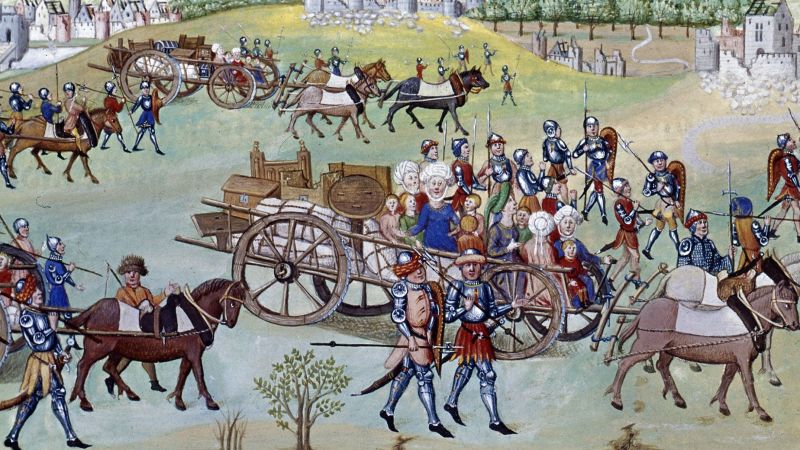
Editor's Note: The views expressed in this commentary are solely those of the writer. CNN is showcasing the work of The Conversation , a collaboration between journalists and academics to provide news analysis and commentary. The content is produced solely by The Conversation.
Travelers have always faced health hazards when far from home. Medieval people were no exception. Pilgrims, crusaders and others were warned by preachers such as 13th-century Jacques de Vitry of "dangers on land, dangers at sea, the dangers of thieves, the dangers of predators, the dangers of battles."
Although the adjective "medieval" continues to be used disparagingly to imply backwardness in medical and scientific knowledge, this history of preventive medicine shows us something different.
One especially interesting set of practical health care instructions for travelers is the " De regimine et via itineris et fine peregrinatium" ("About the regimen and way of the journey for the traveler"). The text was composed by Adam of Cremona in about 1227–28 for the German emperor Frederick II, who was about to set out on crusade.
Adam advised bloodletting (phlebotomy) should be performed prior to the emperor's journey and then regularly throughout, depending on the "will and mood" of the stars.
While the concept of the four humors has since been abandoned by modern medicine, bloodletting and "leech therapy" continue to be performed in some medical settings for specific purposes.
More details: Found here
No comments:
Post a Comment